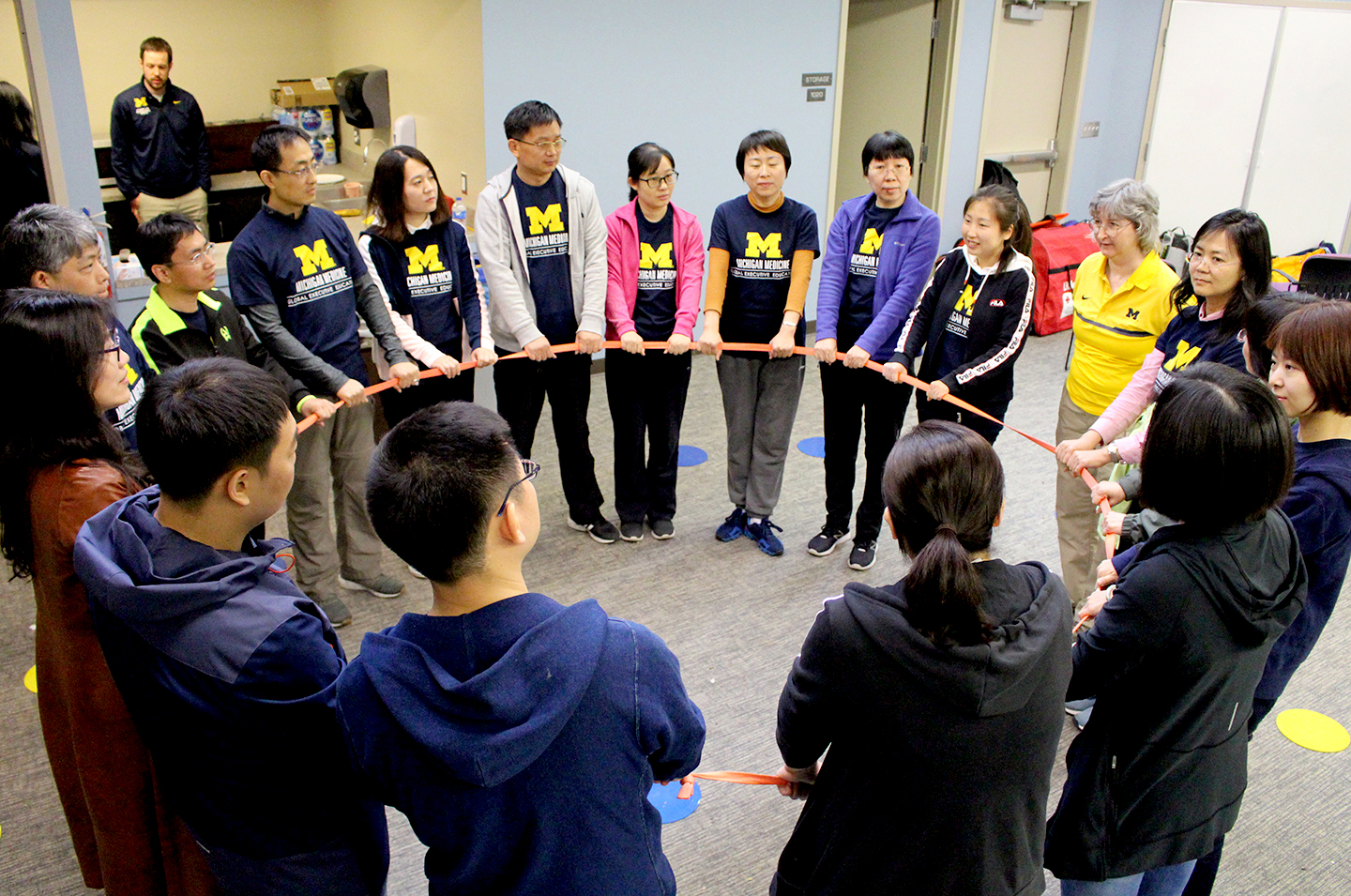
The Global Executive Education Program, which launched in 2019 and hosted 40 participants from three Chinese healthcare institutions in its first year, is featured in the September 2021 issue of the Journal of Human Resources Management.
Key to the program’s development, according to the paper, was gathering curriculum input from counterparts in China. This co-design approach ensured alignment of objectives and leadership buy-in on all sides and helped Global REACH tailor course content for each respective cohort.
Also detailed are some of the achievements of participants after they returned to their home institutions and applied what they had learned. In the clinical setting, participants reported implementing post-program projects that benefited patients at their institutions including: shortening the treatment time window for life-threatening conditions requiring vascular injection; more timely administration of medications; and improved efficiencies for patient appointments. To improve education at their home institution, some participants reported curriculum reforms based on the competency-based University of Michigan model.
“The lessons learned and values realized from implementing the program to the first three cohorts apply both to our partner institutions and UMMS. Moreover, these lessons appear to be transferable to other customized executive education programs,” writes Global REACH Program Manager Jiawei Ribaudo, PhD, the paper’s first author. Ribaudo, who oversees the program, co-wrote the paper with Director of Asia Programs Amy Huang, Senior Associate Dean for Education and Global Initiatives Joseph Kolars, and former Global REACH Program Manager Elizabeth Kaselitz.
Chief among those lessons was a deep commitment from the leadership at the participants’ institutions, which focused the attention of program participants by making them aware of the personal and institutional significance of the learning opportunity. Also important to the program success was the continuity of the UM faculty delivering the curriculum, especially for the core materials. Similarly, the roles of the UMMS design team play a pivotal role for partnership harmony. Finally, program leaders found it was essential to continuously update and improve program parameters and materials.
To gauge the learning, engagement, knowledge retention, and impact, participants completed pre-program surveys, daily surveys during the three-week course, and follow-up surveys five months after returning home. Based on the feedback, all three institutions who sent participants through the training – Peking University Health Science Center, Xiangya School of Medicine, and the Shenzhen Medical Association – expressed an interest in sending more program participants.
In addition, Michigan Medicine has also been approached by several private Chinese healthcare consulting firms interested in potential collaborations to deliver educational programs to their healthcare executives.
“The results demonstrate the ability to co-design executive education programs with learners who advance the expected outcomes beyond mere satisfaction with their participation in the program,” the authors write. “This approach is increasing the demand among healthcare institutions and their employees in China for these programs at University of Michigan Medical School.”
